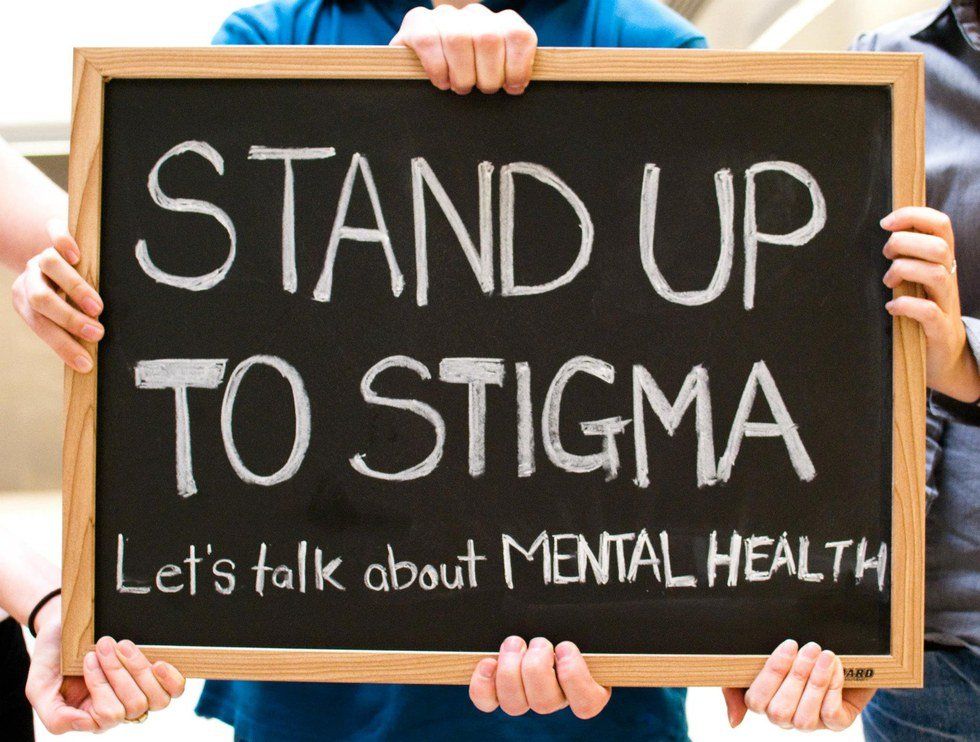At NC State this past week, our student body experienced shock, loss and grief as one of our own took their life. In situations like these, it is often extremely difficult to find words to express how we are feeling or the appropriate way to react.
Mental health issues are largely stigmatized within our culture, making it hard for those affected to speak their minds and for their family and friends to find a way to help. But why do we feel this way?
We grow up learning that when we start coughing or sneezing, we identify that we may have a cold and go see a doctor to get better. But what if we start having thoughts that identify with depression or anxiety? This is when the lines blur and our society has no idea what to do next. Many of us stiffen up and don't know how to respond when suicide, depression, or other mental health problems are mentioned.
Mental health is an issue that is just as serious and important to maintain as physical health, and should be treated in the same way. We would never be shamed into not talking about getting over the flu or strep throat, but mental health stability and recovery is often kept a guarded secret because it's seen as uncomfortable to talk about. This is something that needs to change because, like the flu in times before medicine was available to treat it, leaving this alone can have fatal results.
But the question remains: how do we change the way we view mental health? While I'm no expert, the only thoughts I can give are to encourage those close to you to speak out about anything that's on their mind, to be a supportive and loving friend, and to promote open discussion and active listening.
This isn't a social issue that can be changed by legislation, by protests or rallies. The only way to fix how our society feels about mental health is to change the way we interact with it in a person-to-person setting and change our culture for the better one person at a time.
For more information on mental health and the stigmas associated with it, see this article from Mayo Clinic. To learn more about how this affects the population at NC State, take a look at this open letter penned by an NC State student about suicidal thoughts and actions.





















